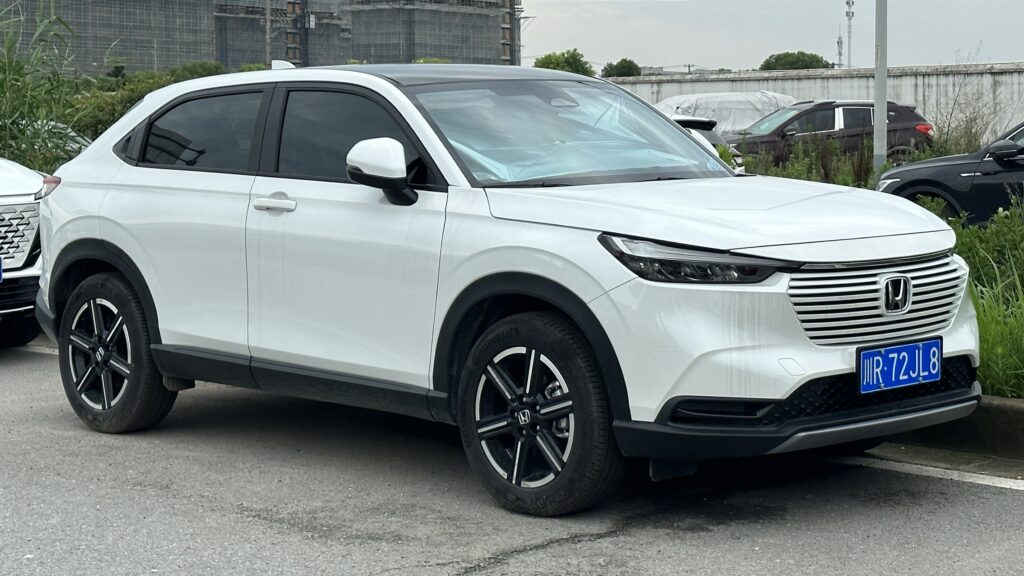The global pandemic has dramatically reshaped various industries, and the automotive sector is no exception. One significant shift that has emerged is the accelerated adoption of car subscription models. While the concept of car subscriptions existed before the pandemic, the economic uncertainties and changing consumer behaviours during the crisis have pushed this alternative ownership model into the spotlight. Car subscription services offer flexibility, convenience, and a commitment-free way to access vehicles, which has become increasingly appealing in a world where mobility needs have shifted. This blog explores how car subscription models gained momentum during the pandemic and why they may continue to thrive in the future.
What Are Car Subscription Models?
Car subscription models represent a new way of accessing vehicles without the long-term commitment and financial burdens typically associated with car ownership. In a subscription model, customers pay a monthly fee that includes the use of the vehicle, insurance, maintenance, and sometimes even roadside assistance. Unlike traditional leasing or financing, car subscriptions allow for greater flexibility, often enabling customers to switch vehicles, cancel their subscription at short notice, or choose different terms based on their needs.
This model appeals to those who value convenience, prefer not to deal with the complexities of car ownership, or need a vehicle for a short period. Subscription models also offer an ideal solution for people who prefer access to a vehicle without being tied to the long-term obligations of a loan or lease agreement.
The Impact of the Pandemic on Car Subscription Models
The COVID-19 pandemic caused significant disruptions in the way people live and move. With widespread lockdowns, remote working arrangements, and economic uncertainty, many individuals began rethinking their mobility needs. The traditional model of car ownership, with its fixed costs and long-term commitments, became less attractive to many.
Car subscription models provided a solution to this changing dynamic. During the pandemic, people wanted more flexibility in their transportation choices. Some needed a car for short-term use while avoiding public transportation, while others found themselves no longer requiring a vehicle for daily commuting due to remote work. Car subscriptions offered a way to meet these temporary needs without the financial and logistical burdens of ownership. The ability to pause or cancel subscriptions when not in use became an appealing option during uncertain times.
Moreover, economic instability caused by the pandemic meant that consumers were more cautious about making large financial commitments, such as purchasing or leasing a car. The car subscription model, with its predictable monthly fees and no long-term contracts, became a preferred alternative for those looking to minimise financial risk.
Junkyards Supporting the Shift to Car Subscription Models
The rise of car subscription models, accelerated by the pandemic, has created a shift in how vehicles are utilized and recycled. Junkyards, offering cash for unwanted cars Sydney, have become crucial in handling the influx of old or unused vehicles as consumers transition to subscription-based services. By recycling these vehicles, junkyards not only reduce waste but also supply valuable materials back into the automotive industry. This supports the growing demand for sustainable practices, aligning with the evolving trends in vehicle ownership and the automotive market.
Flexibility and Convenience in a Changing World
One of the primary reasons car subscription models gained traction during the pandemic is the flexibility they offer. Traditional car ownership often requires a multi-year commitment, whether through leasing or financing, which can be daunting in times of uncertainty. In contrast, car subscription services allow customers to adjust their plans according to their changing needs. For example, someone who works remotely and no longer requires a daily commute can opt for a more affordable or even short-term vehicle subscription. If their circumstances change, they can easily switch to a different car or cancel the service altogether.
This flexibility also extends to vehicle choice. Many subscription services offer a range of vehicles, allowing customers to switch between different models, whether they need a sedan for city driving or an SUV for a road trip. Such adaptability appeals to modern consumers who prioritise convenience and value the freedom to tailor their mobility options to their lifestyle.
The subscription model also simplifies the car ownership experience by bundling all associated costs, such as maintenance, insurance, and taxes, into a single monthly fee. This not only saves time but also removes the stress of managing multiple bills and unexpected repair costs.
The Role of Technology in Car Subscription Models
Technology has played a vital role in the growth of car subscription services, particularly during the pandemic. With consumers becoming more accustomed to digital solutions for everyday activities, car subscription platforms offer a seamless online experience. Customers can browse available vehicles, select their preferred subscription plan, and complete the entire transaction online without ever stepping foot in a dealership.
This contactless model is particularly appealing in a post-pandemic world where minimising physical interactions has become a priority. Additionally, many subscription services offer app-based solutions, allowing users to manage their vehicle, track usage, and make payments all from their smartphones. The convenience of these digital tools has made car subscriptions even more attractive to tech-savvy consumers.
Also visit: https://www.cashforcarnearby.com.au/brands/toyota/
Long-Term Prospects of Car Subscription Models
While the pandemic certainly accelerated the adoption of car subscription services, the question remains whether this trend will continue in the future. Many experts believe that the demand for flexibility and convenience in transportation will persist long after the pandemic subsides. As consumers become more accustomed to accessing services on a subscription basis—whether it be for entertainment, fitness, or mobility—the appeal of car subscriptions is likely to endure.
Car manufacturers have taken note of this shift and are increasingly offering their own subscription services. Brands such as Volvo, BMW, and Porsche have all launched subscription programs that allow consumers to access their vehicles without the long-term commitments of ownership. As the automotive industry continues to evolve, more manufacturers may enter the subscription space, offering even more options for consumers.
The car subscription model may also appeal to a new generation of drivers who prioritise experiences over ownership. Younger consumers, particularly those in urban areas, are often less interested in the traditional model of owning a car. Instead, they seek access to vehicles only when needed and value the flexibility to change cars frequently. The subscription model aligns with these preferences, making it a viable long-term solution for future generations of drivers.
Conclusion
The pandemic has accelerated many changes in consumer behaviour, and the car subscription model is one of the notable trends that has gained momentum. As people increasingly seek flexibility, convenience, and reduced financial commitments, car subscription services provide an attractive alternative to traditional car ownership. The ability to access a vehicle on a month-to-month basis, switch between different models, and avoid the long-term obligations of leasing or purchasing has made this model a popular choice during uncertain times.
Looking forward, it is likely that car subscription models will continue to thrive as part of the broader shift towards a more flexible and convenient way of living. With technological advancements and changing consumer attitudes towards ownership, the future of car subscriptions looks promising, providing a sustainable and adaptable solution for modern mobility needs.
Dive into more informative posts.



